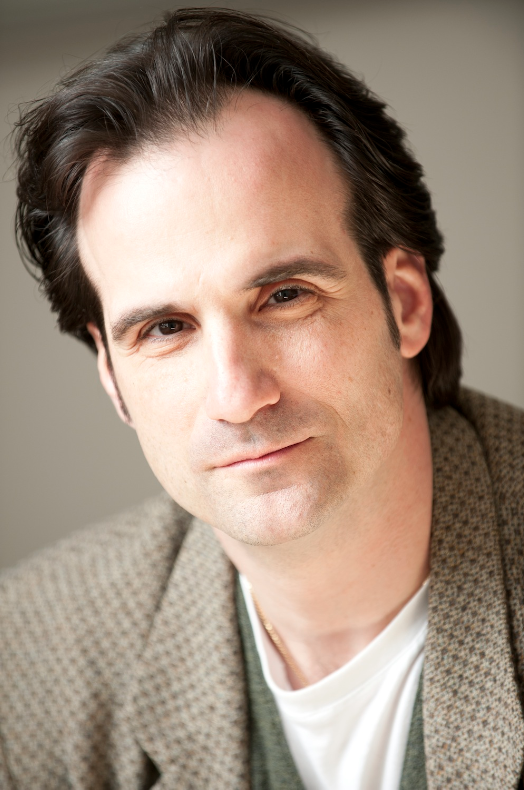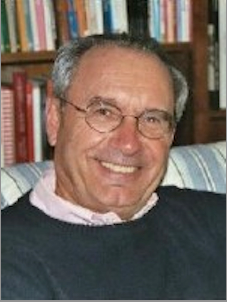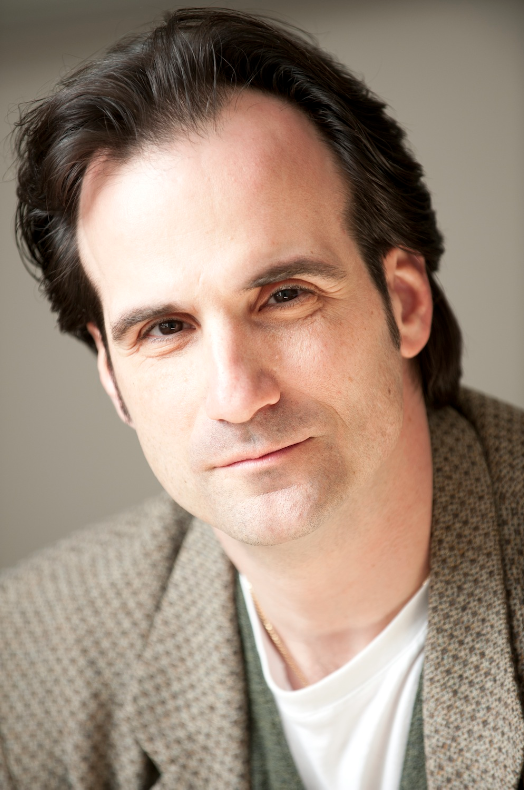Award Winning Professors Q&A’s
February 22, 2012
On Feb. 3, Fordham held its annual Arts and Science Faculty Day at the Rose Hill campus. Several professors won awards, but two who teach at Fordham College at Lincoln Center (FCLC) were also recognized. Aristotle Papanikolaou, professor of theology, received the Distinguished Teaching and Humanaties Award, while John Entelis, professor of political science, received the Social Science Award.
Aristotle Papanikolaou
Observer: What do you think you did to deserve the distingusihed Teaching and Humanities Award?
Aristotle Papanikolaou: All I can tell you is what I tried to do. I teach theology and students wonder why they have to take it. We live in country and culture where it’s up to us to decipher what theology should be. I try to teach theology in a way that shows students new ways of looking at it: ways of thinking about God, and religion. I want to teach in a way that perhaps shows my students why theology matters for their life. That might’ve had something to do with getting the award.

Observer: What does receiving this award mean to you?
A.P.: It definitely means a lot. It means that students and other faculty members respect what I’m doing. To have show of respect means a lot.
Observer: Do you have any plans for the future standing upon this success?
A.P.: No, I don’t want to take it for granted. I just want to try and continue what I’m doing—to give students a new way of thinking about theology. I want them to see how it’s relevant to their lives.
Observer: Can you tell me one of your favorite moments while teaching at Fordham?
A.P.: One is a general moment: when students come to me and say that they have conversations about religion with people. Because of my class they’re able to notice that things people say about religion/theology aren’t necessarily true. My students are able to be in the world, be engaged in conversations about religion and critically think about what these people are saying. The way they look at religion/theology now affects how they hear people and their way of thinking. For example, Bill Maher in his movie “Religulous” criticizes religion, wanting to show how religion is ridiculous. One of my students went to see the movie with a friend. Her friend readily agreed with Maher’s criticisms but my student was able to look at movie with a more critical perspective, noticing that things he said weren’t necessarily true. The Theology department is not trying to push anything on anybody; we want to teach critical thinking about religious ideas so they can make their own critical choices about these ideas.
Another favorite of moment of mine happened in the classroom. I was teaching a Theologies of America class and I was specifically teaching about Christian feminism in the 1970s. Christian feminists talked about how the person of Jesus can be talked about in terms of traditional male and female attributes to balance things out. One student said, “I don’t really get that. Does that mean Jesus was kind of like Pat from Saturday Night Live?” I literally stopped teaching for 10 minutes because I couldn’t stop laughing.
Observer: What are some of your hobbies?
A.P.: I’m a Byzantine chanter. That’s my main hobby. I used to play sports but not so much now.
Observer: Are you currently working on a project (i.e., writing a book)?
A.P.: I’m researching and writing about something that has to do with tying how Christian notions of virtue, which I understood in terms of learning how to love, are relevant or could be relevant for combat soldiers who experience forms of post traumatic stress disorder from combat violence. I recently won the Louisville Institute Sabbatical Research Grant, which gives me time off to pursue research. I eventually hope to make my research into a book. Thus, I won’t be teaching at Fordham next school year because of research.
John P. Entelis
Observer: What do you think you did to deserve the Social Science Award?
John P. Entelis:I think I received this award based on the student responses, student reactions and student evaluations. I teach courses that revolve around the Middle East. I am not only enthusiastic about what I teach but I also love what I teach. I always travel to the Middle East and I come back to Fordham with personal experiences that make me love teaching these courses.

Observer: What does receiving this award mean to you?
J.E.: The Social Science Award is an award of excellence in teaching. I consider it such an honor to be appreciated by my students and fellow colleagues.
Observer: Do you have any plans for the future standing upon this success?
J.E.: My plan is to continue teaching with the same enthusiasm and the same interest that I have been since I began here at Fordham. Receiving this award motivates me to do even better.
Observer: Can you tell me one of your favorite moments while teaching at Fordham?
J.E.: I do not have a single favorite moment because the best moments, for me, come from the letters and cards I receive from students who have graduated Fordham. These graduates send cards and letters, many years after they have graduated, that are filled with gratitude, thanks and appreciation for the classes they took with me.
Observer: What are some of your hobbies?
J.E.: I love to swim and ride my bike, but the one thing I do the most is run.
Observer: Are you currently working on a project (i.e., writing a book)?
J.E.: Yes, currently I’m writing a book titled “Algeria at 50.” In this book, I’m evaluating Algeria’s development as a country 50 years after gaining independence.










